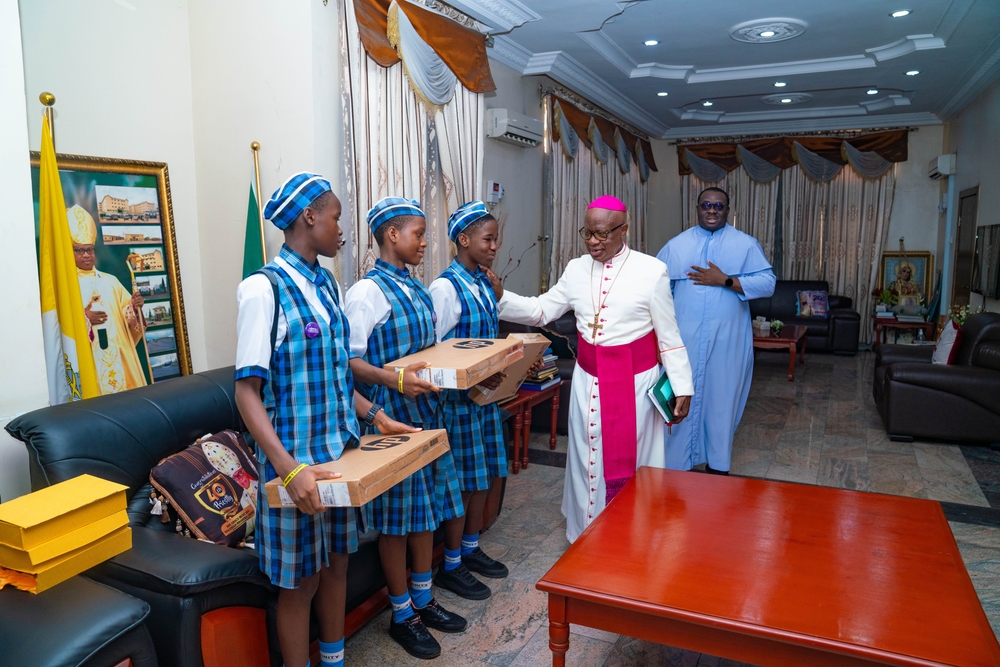Nigeria faces growing tension after U.S. President Donald Trump ordered the Pentagon to plan possible military action against Islamist extremists in the country. Trump accused Nigeria’s government of allowing the “killing of Christians” and warned that the U.S. might halt aid and launch strikes.
“If Nigeria continues to allow these atrocities, the U.S.A. will go in ‘guns-a-blazing’ to wipe out the terrorists,” Trump declared on social media. “If we attack, it will be fast, vicious, and sweet, just like the terrorist thugs attack our CHERISHED Christians.”
Nigeria’s President Bola Ahmed Tinubu rejected the threat and offered to meet Trump to discuss counterterrorism cooperation. He stressed that any partnership must respect Nigeria’s sovereignty and accurately reflect its religious diversity.
Abuja Responds as Fears and Divisions Deepen
Tinubu’s spokesperson, Daniel Bwala, described Trump’s warning as a “negotiating tactic,” noting that both nations already collaborate on intelligence and arms procurement. He added that Nigeria continues to fight Islamist insurgents through existing U.S. security partnerships.
Human rights group Amnesty International recently reported that jihadist attacks have killed over 10,000 people across northern and central Nigeria since Tinubu took office. The country, home to around 220 million people evenly split between Christians and Muslims, remains plagued by extremist violence from groups like Boko Haram.
While Washington describes the situation as a Christian genocide, many Nigerians view it as a complex security crisis. Analysts point out that most victims in the north are Muslims targeted by extremist groups. However, Christian Evangelicals insist that believers face systematic persecution. Reverend Ezekiel Dachomo claimed that “a massacre is happening,” accusing the government of denial. Advocacy groups like Open Doors report over 7,000 Christian deaths in 2025, describing the violence as targeted religious persecution.
Strategic Motives and Resource Interests Raise Questions
Trump’s statement followed U.S. Senator Ted Cruz’s call to label Nigeria a violator of religious freedom. While some Nigerians support foreign assistance, others suspect ulterior motives. Broadcaster Cyril Abaku said, “If outside support helps protect our communities, we should welcome it. Terrorism is a global problem.”
Still, many analysts fear Trump’s intentions may involve Nigeria’s rare earth and mineral reserves rather than humanitarian aid. The country’s northeast holds vast monazite deposits containing lithium, cobalt, copper, nickel, and other key minerals crucial for renewable energy, defense systems, and electric vehicles.
Human rights advocate and former presidential candidate Omoyele Sowore criticized the situation. “Nigeria doesn’t need a foreign savior,” he said. “It needs honest leadership that protects citizens, delivers justice, and ends corruption and violence.”
The U.S. first designated Nigeria a “country of particular concern” in 2020 over violations of religious freedom. However, that label did not specifically reference attacks against Christians.



